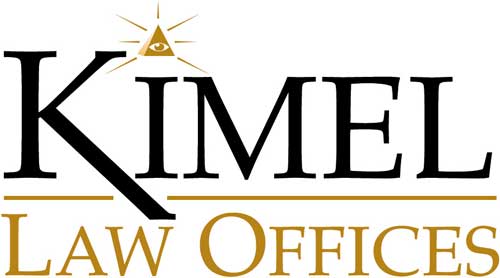If you are in a financially difficult situation and are considering bankruptcy, it helps to understand how things work and the implications of filing under the various chapters. Given the consequences of making the wrong call, you cannot afford to take costly chances.
For individuals, the two most common types of bankruptcy are Chapter 7 and Chapter 13. Chapter 7 bankruptcy allows you to discharge most of your debts. On the other hand, Chapter 13 is a reorganization bankruptcy that involves creating a repayment plan to pay off your debts over a specific period.
Filing under the wrong chapter can lead to unnecessary complications and delays in resolving your financial situation, as explained below.
Your bankruptcy petition could be dismissed
The court may dismiss your case if you file under the wrong chapter and don’t meet the legal requirements. You won’t receive any bankruptcy protections following an unsuccessful bankruptcy petition, which means creditors can continue their collection efforts.
You may lose some of your assets
If you file for Chapter 7 when you should have filed for Chapter 13, you may lose certain non-exempt assets that could have been protected under a repayment plan. Alternatively, you may end up with debts that could have been discharged under the right chapter.
It will cost you time and money
Sometimes, the court may allow you to convert your case from one chapter to another. However, this can be complex, time-consuming and could involve additional expenses.
Filing under the right chapter can help you make the most of the bankruptcy process, potentially paving the way to your financial freedom sooner than expected. Seeking legal guidance can help ensure you make the right decision and navigate the complexities of bankruptcy law while protecting your interests.
